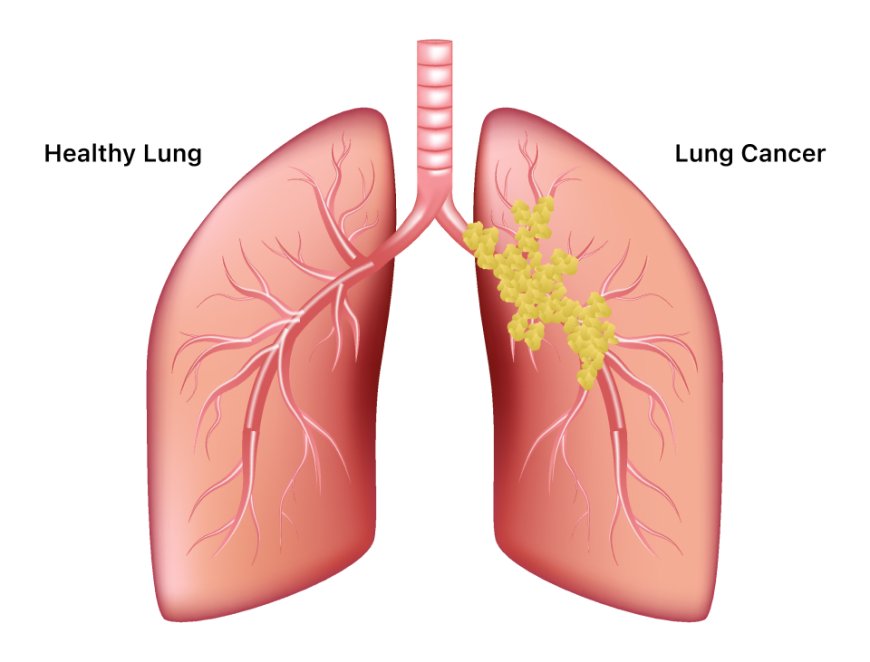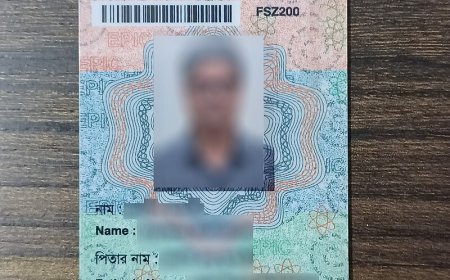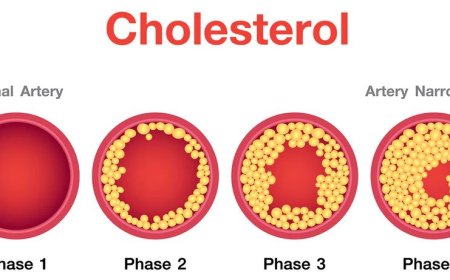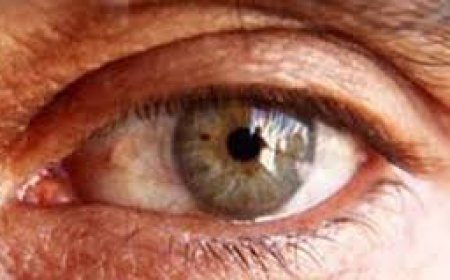Non-small-cell Lung Cancer

Introduction:
In the vast and diverse country of India, where resilience and determination thrive, there is a battle that some brave warriors face - Non-Small-Cell Lung Cancer (NSCLC). Today, we will embark on a journey to comprehend NSCLC, its significance, classifications, causes, risk factors, different types, the importance of diagnostic tests, treatments, complications, and some simple ways to promote lung health in India. So, let's embark on a quest of knowledge and awareness, where we stand united to support those fighting against this formidable foe.
What Is Non-Small-Cell Lung Cancer? :
Non-Small-Cell Lung Cancer (NSCLC) is like a rogue army of cells that grow uncontrollably in the lungs, threatening the health and well-being of those affected. It is one of the most common types of lung cancer, and early detection is crucial in the battle against it.
How Is Non-Small-Cell Lung Cancer Classified? :
NSCLC can be classified based on the type of cells involved and their growth patterns. Some common classifications include:
- Adenocarcinoma: This type of NSCLC starts in the cells that produce mucus and is commonly found in the outer areas of the lungs.
- Squamous Cell Carcinoma: This type begins in the cells lining the airways and is usually found in the central part of the lungs.
- Large Cell Carcinoma: This is a less common type that can occur in any part of the lungs.
Causes and Triggers:
The reasons behind NSCLC can be like a mystery waiting to be solved. Some common causes and triggers for NSCLC in India include:
- Smoking: Exposure to tobacco smoke, whether through active smoking or secondhand smoke, is the leading cause of NSCLC.
- Air Pollution: In areas with high air pollution, the risk of developing NSCLC may be higher.
Risk Factors with Examples:
Certain factors can increase the risk of developing NSCLC, just like some kids may have a higher risk of catching a cold if they don't take care of their health. Some risk factors include:
- Smoking: Individuals who smoke or are exposed to secondhand smoke are at a higher risk of NSCLC.
- Age: The risk of NSCLC increases with age, especially in adults over the age of 65.
Types of Non-Small-Cell Lung Cancer with Detailing for Each Type:
NSCLC can be divided into different types based on the specific cells involved. Some common types include:
- Adenocarcinoma: This type of NSCLC starts in the cells that produce mucus and is commonly found in the outer areas of the lungs.
- Squamous Cell Carcinoma: This type begins in the cells lining the airways and is usually found in the central part of the lungs.
- Large Cell Carcinoma: This is a less common type that can occur in any part of the lungs.
Diagnostic Tests and Treatments:
To diagnose NSCLC, doctors may use imaging tests, biopsies, and blood tests. Some common treatments include:
- Surgery: If the cancer is confined to the lungs, surgery may be performed to remove the tumor.
- Radiation Therapy: This treatment uses high-energy rays to target and destroy cancer cells.
- Chemotherapy: Medications are used to kill cancer cells or stop their growth.
Complications of Non-Small-Cell Lung Cancer and Prevention Techniques:
NSCLC can lead to complications like breathing difficulties and other health issues. To promote lung health, kids can practice simple preventive measures like staying away from smoking and avoiding exposure to air pollution.
Non-Small-Cell Lung Cancer might be a formidable foe in India, but with knowledge and early detection, we can stand united in the fight against it. Just like brave warriors, we can arm ourselves with awareness and prevention to protect our lungs and support those facing NSCLC. By spreading knowledge about the importance of lung health, promoting a smoke-free environment, and embracing a healthy lifestyle, we can ensure a nation where our lungs breathe freely, where the spirit of resilience and determination thrives, and where the brave warriors facing Non-Small-Cell Lung Cancer find strength, support, and hope to conquer this battle and live life to the fullest.
What's Your Reaction?


























































